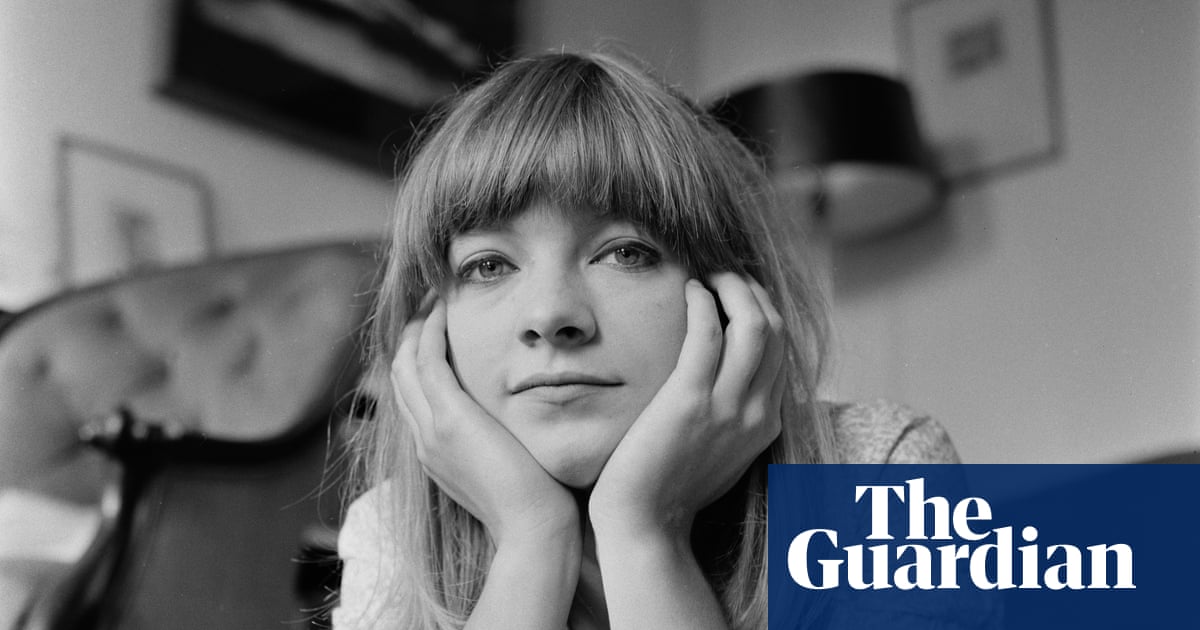
s he fielded PMQs on Wednesday, Boris Johnson wore a wool and wheat sheaf badge on his lapel. Behind him many of his MPs sported it too, as did Keir Starmer and Labour MPs: it was the symbol for Backing British Farming Day.
But in the Financial Times, the National Farmers Union’s combative leader, Minette Batters, was calling the Tories “immoral and hypocrites” for refusing to vote to give parliament – themselves – the final say on any post-Brexit trade deals. If deals with the US, Australia or anywhere else threaten to flood the market with lower-quality food, produced using hormones, pesticides, antibiotics and chemicals, with weaker animal welfare standards, MPs should have a vote on that. A million people have signed the NFU petition calling for the government to ban any food imports of a lower standard in quality, welfare or environment. This has reached far beyond farmers, rousing food campaigners and animal welfare activists.
Amendments are being put to the agriculture bill reaching the Lords next week, but to date all such attempts have been struck down by the government. Donald Trump has listed “comprehensive market access for US agricultural goods in the UK” as a goal for any trade deal. Liz Truss, the international trade secretary, has given verbal assurances that food standards will not drop, but this is no “my word is my bond” government.
On Thursday, Brexit edges dangerously closer to a no-deal precipice. Once commentators sought method in the Boris Johnson cabal’s politically perverse actions. No longer. Divining their political strategy is perplexing. Just brinkmanship, many hope – but others say their priority, above any sense of the country’s good, is a determination to have no enemies on the right. They are still afraid of Nigel Farage’s leery grin, as he waits to pounce on Brexit betrayal.
Farming used to be part of the core identity of the Conservative party. But here’s a reminder of what no deal and trading on WTO rules will do to farming and the much larger UK food industry: a 48% tariff will be slapped on British lamb exported to the EU, along with 57% on Cheddar, 37% on poultry and 84% on beef.
At the same time the government says it will cut all import tariffs on 88% of products. That would wipe out hill farms in Cumbria, Scotland and Wales, and much other farming too. Add in free trade agreements not just with the US but Australia and elsewhere, and farming and the food industry will be massively undercut. It’s not as if food is expensive here: only in Singapore and the US are food costs lower as a proportion of household income, says the NFU. Johnson would herald striking a US free trade deal as a triumph, yet his government’s own estimates show it would raise UK GDP only by between 0.07% and 0.16%, and that’s over 15 years.
What’s more, the US will insist on abolishing exclusive “geographical indication” rights: Melton Mowbray pork pies or Cheddar cheese would lose their protected status, and could be made in Georgia.
The mystery is why a majority of farmers voted for Brexit.
On Wednesday I talked to Robin Milton, a sheep farmer and Brexit voter, in his tractor, driving up and down to trim his 20 miles of hedges on Exmoor. “It was for the ideology of it,” he said. “But the reality is going to be different.” Why does he still back Brexit? He thinks farmers like him remain optimistic: “Any deal with the EU is always last minute, isn’t it?” But if it’s no deal, that’s the immediate end of his sheep. “I’ll grow trees, but don’t come asking me for sheep or a good landscape, that will be gone.”
The NFU’s director of EU exit and international trade, Nick von Westenholtz, says there are not many Brexit regretters among farmers – yet. “They voted to get rid of hated EU red tape but there will be no reduction: it will be worse red tape for their exports. They were promised they could retain access to the EU single market and keep their farm support.” But they would lose that access and the government has only guaranteed them two more years of matching EU subsidy. Their subsidies will soon join the budget scramble for very scarce spending funds: farm subsidy will not fare well competing with other causes such as the NHS.
On Back British Farming Day, Starmer, but not Johnson, met NFU farmers. Luke Pollard, Labour’s shadow Defra secretary, himself from a farming family, says they listened, surprised to hear pleasing Labour ideas on increasing domestic food self-sufficiency, farm support post-Brexit, keeping high food standards and ensuring access to skilled farm workers: food and flower crops rotted this year for lack of them. Many “red wall” seats, he points out, have large rural areas too. Somehow the idea that Labour could ever win over farmers seems far-fetched. But they are only one battalion of many traditional Tory voters who face bankruptcy and ruin if this government really does pursue a vandalising no-deal Brexit.
• Polly Toynbee is a Guardian columnist












